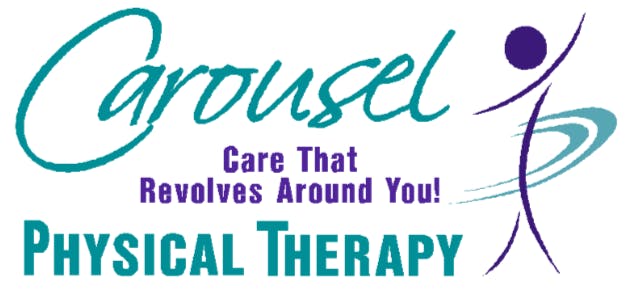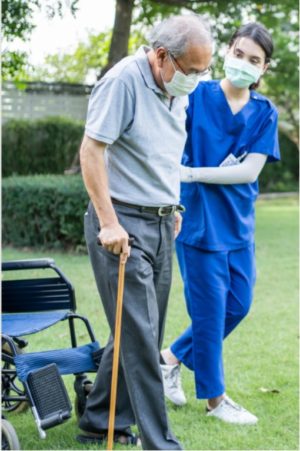The COVID-19 pandemic has put a spotlight on intensive care units and critically ill patients. Most of the focus has been on survival, which is the first goal. Someone heading into an intensive care unit is very ill, possibly being kept alive by a ventilator or some other piece of medical equipment. But surviving the ICU is only the first chapter.
The second one is much longer, and it tells the story of recovery after the ICU. Being that ill has far-reaching effects. Significant losses of physical, mental and cognitive abilities after discharge aren’t uncommon. This group of problems is called Post-Intensive Care Syndrome or PICS. It’s a serious issue that’s now recognized as a public health burden.
The effects of PICS are wide-reaching. Physical declines can lead to serious difficulty completing basic daily tasks like getting to the bathroom, preparing a meal, or walking to the mailbox. 50% of ICU survivors still have limitations in daily activities 1 year later, showing how serious and long-lasting this problem is.
Mental health issues are common for ICU survivors. They show significant rates of depression, anxiety and PTSD. These conditions have a real impact on the quality of life after leaving the ICU.
ICU survivors also commonly show declines in cognitive abilities. 77% have cognitive impairments at 3 months post-discharge and 71% have impairments 1 year out. Cognitive issues can take the form of poor memory, slower thinking, difficulty making decisions, or difficulty concentrating.
An important professional in combating PICS is the physical therapist. They typically begin seeing the patient in the ICU. PTs are vital in getting the patient up and walking early. A progressive exercise program is also started as soon as it’s safe for the patient.
While PICS isn’t totally preventable, recognizing the losses that remain after discharge from the ICU is an important step. Involving physical therapists and other rehab professionals early helps combat the effects of PICS and allows patients to return to higher-quality lives.

